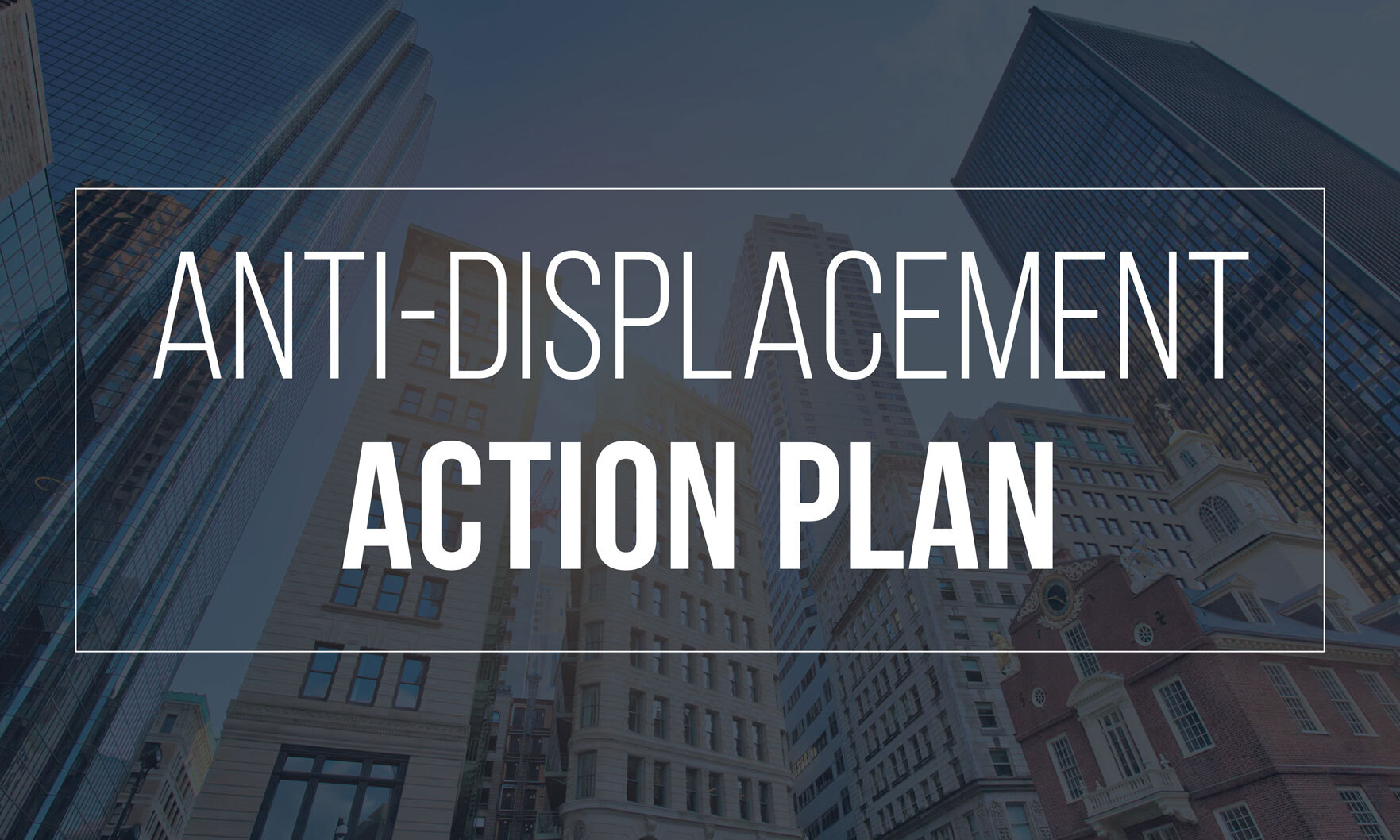Amid her bid for re-election, Boston Mayor Michelle Wu announced A Place to Thrive, a two-year anti-displacement action plan designed to remedy housing and development inequities in the city.
“We are charting our path forward in a new era,” Wu wrote in the document. “We present this Action Plan at a time when local governments must redouble efforts to help people, promote prosperity and make space for new neighbors, so that more can benefit from all that a thriving, safe, inclusive city offers.”
Some proposed policies in the plan may take years to implement, while others, like the co-purchasing pilot program, are already in action.
Here’s a breakdown of three policies that may impact residential real estate and homebuying in Boston.
New rules surrounding condo conversion
To fight direct displacement, the mayor’s office proposed an expansion of the current Condominium Conversion Ordinance. The policy prevents tenants from being forced to move suddenly due to building conversions.
Current laws state that tenants of applicable buildings being converted into condos are entitled to support, including a relocation payment, and must be notified at least one year in advance in their primary language.
The proposed update would lower the threshold from buildings with 4 or more units to buildings with 2 or more units.
During preliminary analysis, the city determined that most conversions in Boston occur in three-unit buildings, followed by two-unit buildings, neither of which were previously covered by the ordinance.
More funds towards affordable housing
The recently-established Boston Acquisition Fund, a public-private revolving loan fund supplied by the city, major regional employers, and philanthropic partners, provides low-interest loans put toward the acquisition of affordable multifamily housing. Administered by the Massachusetts Housing Investment Corporation in conjunction with existing City of Boston grants, the fund partners with mission-driven developers.
“By establishing a loan fund, the city is able to create a new renewable source of funding that can be replenished and reinvested,” the plan stated. “And by establishing it as a public-private partnership, we capitalize on the mutual interest of stakeholders who share the city’s commitment to housing stability.”
Recently, the fund helped finance Bold Vision Real Estate Solutions’ acquisition of a nine-unit building in Roxbury that will be reserved for residents earning at or below 80% of the area median income.
Property tax relief
The city already offers several programs in response to Boston’s high property taxes, including Hardship Exemption and Deferrals and an Older Adult Property Tax Work Off program.
Now the mayor’s office has filed a petition to expand the maximum property tax exemption for low-income older adults, change income limits to 50% of area median income
and increase asset limits.
Earlier this year, Boston City Council voted for the city to advance another petition that would provide property tax relief to homeowners by either shifting the tax rate or offering rebates.
Bostonians can read the plan in its entirety and submit a comment through May 3, 2025 by visiting the city’s website.

